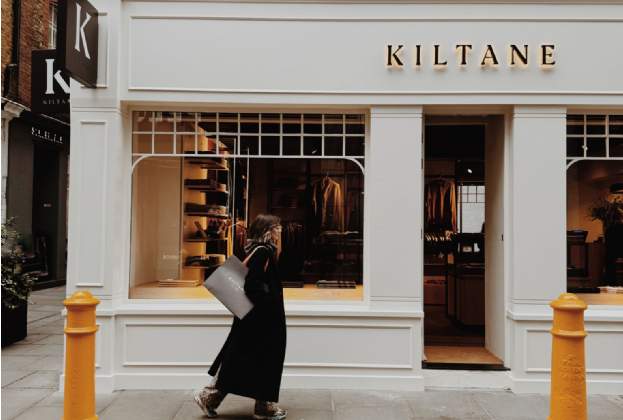The fitness industry is evolving to cater for time-poor consumers who increasingly want to access not just a gym or exercise class but a whole lifestyle experience under one roof, in a condensed period of time, to fit in with their busy lives.
We first saw this trend emerge in the US, led by indoor cycling concept SoulCycle which markets itself as a community and way of life, aiming to empower participants beyond the studio. Through partnerships with Nike and other sports brands, riders can purchase athletic wear before or after SoulCycle classes and even rent the special shoes required to save them having to carry their own across town.
In Central London, traditional fitness operators have recognised that diversification is the key to standing out in a crowded market and therefore creative partnerships with sports brands or health and beauty concepts are emerging. These partnerships take a similar format to concessions, creating a guaranteed income for the fitness operators and, in some cases, allowing them to target areas with higher rents than they could otherwise afford. In return, brands benefit from increased consumer interaction, making these partnerships mutually advantageous.
We recently received interest from seven fitness concepts for a property Savills was marketing in Central London, highlighting the current demand. The key requirements for this type of operator are based around minimum floor-to-ceiling heights of approximately four metres, ample load-bearing capability, some sound proofing, flexible trading hours and proximity to a large office or residential population.
Converted basement spaces, which are sometimes difficult to let, can work well for fitness concepts. With more office landlords realising that a diverse leisure offer on the ground floor can significantly enhance the value of the business space above, we could start to see more office space converted for use by fitness operators.
The Savills leisure team has acquired sites in London for Barry’s Bootcamp, which has undergone phenomenal growth in recent years. The brand is a prime example of one which offers consumers much more than a fitness class, including post-workout protein shakes and retail boutiques selling performance gear and lifestyle wear for outside the studio through partnerships with Nike, Nation LTD and Splits59.
Another operator seeking more sites in London and across the UK is Australian fitness operator F45, which has more than 400 gyms globally, following the success of its first UK gym in London Bridge. Social fitness is at the heart of F45’s ethos with a 50,000-strong community of members taking part in highly immersive team based fitness experiences. The workouts continually evolve meaning that members never repeat the same class twice. Technology is also a key element of the firm’s business model with a patented platform used by all franchisees and a focus on digital engagement with existing and prospective customers.
With city life busier than ever before for on-the-go consumers, fitness operators and landlords alike should be aware that diversification of offer could well be the key to remaining fighting fit.
Further information
Read more: Megatrends in European Leisure
.jpg)
.jpg)







.jpg)
